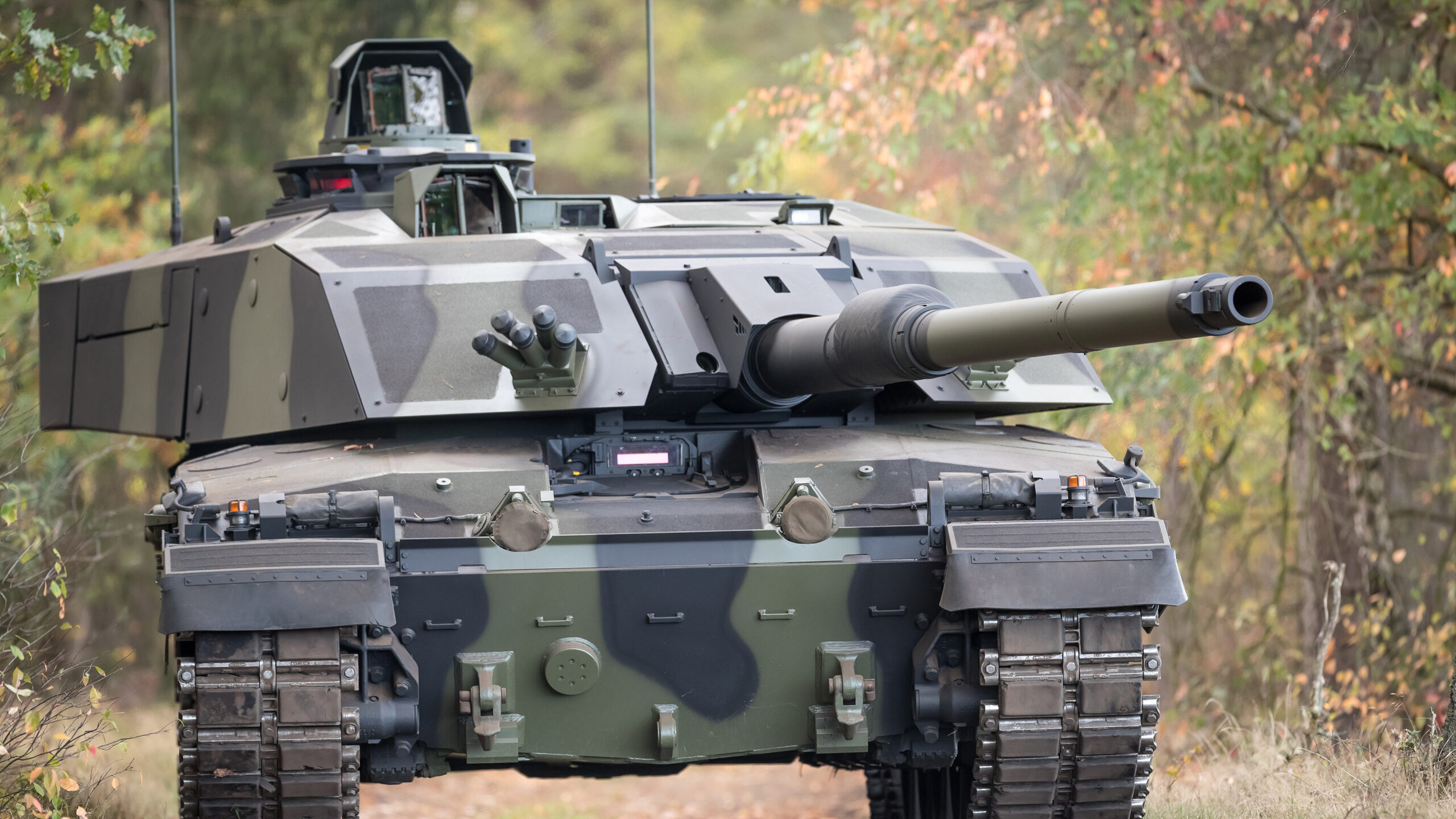TIM MARTIN
 BELFAST — The British Army’s most senior leader has hailed the need for combat mass as one of the major lessons to be drawn from the Ukraine war and strongly advised against any further cuts to UK land capabilities.
BELFAST — The British Army’s most senior leader has hailed the need for combat mass as one of the major lessons to be drawn from the Ukraine war and strongly advised against any further cuts to UK land capabilities.Gen. Patrick Sanders, British Army Chief of the General Staff, said that the war has shown “mass is still indispensable” and called those that argue for the service to receive reduced funding, based on the geography of the UK, “wrong.”
He also said that the UK would need greater capacity itself and should not “simply hide behind the armies of other NATO contributors” — comments that come amid a wider debate over the British Army’s ability to independently carry out high intensity warfare campaigns at scale.
Making the remarks at the Royal United Services Institute’s (RUSI) Land Warfare Conference on Monday, Sanders, however, also cautioned against taking other insights from the fight in Ukraine too far.
“We should treat many of these lessons with caution; one wonders what shape we would be in if, in the first few days after the Russian invasion, we had sold off our armor to invest in [Turkish made Bayraktar] TB2 or one-way attack drones,” he said.
Capability In Question, But Sanders Awaits Transformative Modernization
The question of UK land capability credibility rose to the surface recently when reports emerged that Germany was asked by NATO to consider an assessment into whether it could take control of the alliance’s Very High Readiness Joint Task Force (VJTF] for an additional year — beginning in 2024 — undoing an original plan for the UK to lead the mission. The UK Ministry of Defence has since denied the reports and said it is committed to undertake the VJTF role from January 2024.
Still, Ben Wallace, UK defense secretary, said in January that the British Army could not field a war fighting division of 10,000 troops. Other basic issues persist, including cuts to the service reducing it in size to 72,500 personnel from 2025, far below a target set in 2015 of 82,000, but since scrapped.
In his speech Sanders also bemoaned the status of the British Army’s equipment, saying, “Many of our platforms are outdated and not fit for purpose.” He equated equipment still in service today, but first introduced in the 1980s, as “rotary dial telephones in an iPhone age.”
A variety of land-based procurements have also been hit by cost overruns, delays or cancellations, though Sanders took a more optimistic view of the equipment British soldiers will eventually get.
He said that 35 of 38 “existing platforms” belonging to the British Army are being phased out and replaced with “new capabilities” designed to transform it into “one of the most modern, connected, and lethal armies in the world.”
The British Army has been allocated a £41.3 billion ($51.4 billion) funding package for procurement and support to the end of the decade. The forthcoming Defence Command Paper — set to outline new procurement changes and due for publication before July 21 — could see existing acquisitions overhauled to better reflect equipment priorities influenced by the Ukraine war.
No comments:
Post a Comment